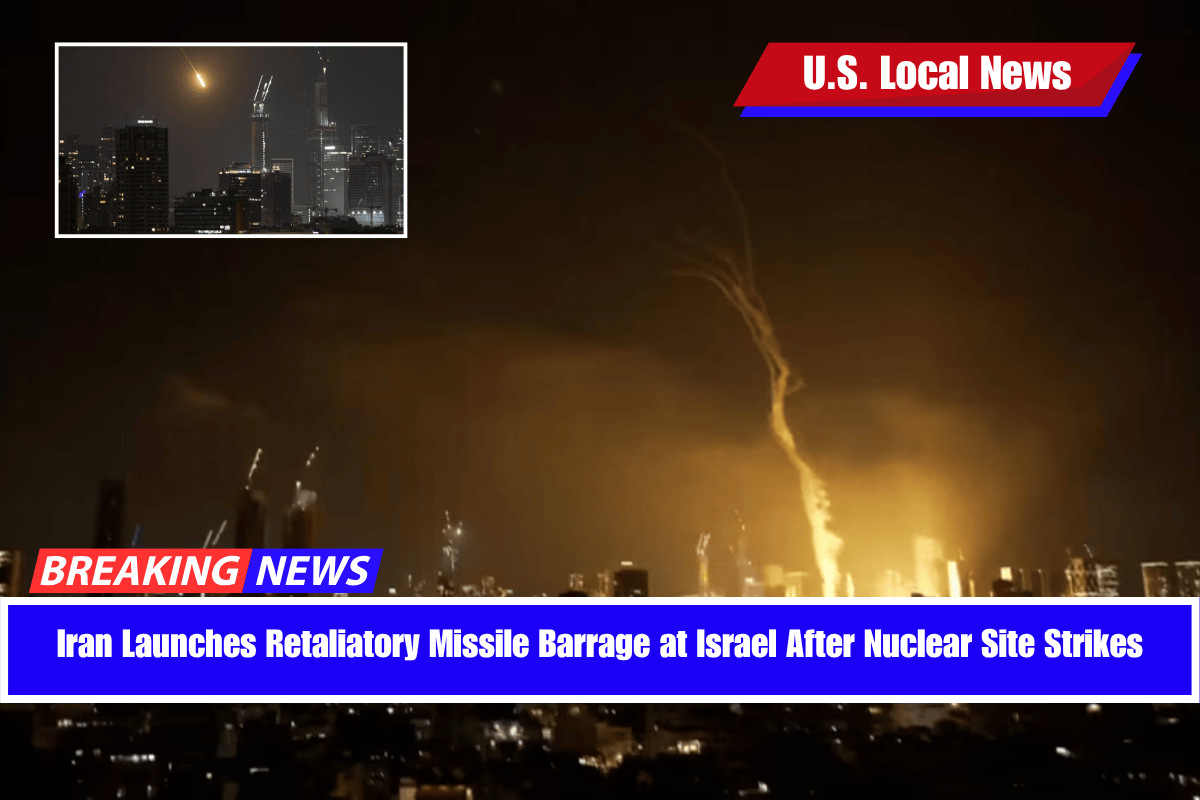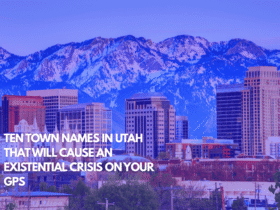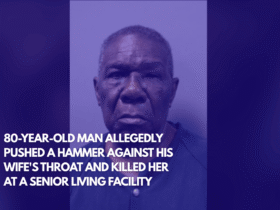TEHRAN/TEL AVIV — Tensions in the Middle East erupted Friday as Iran fired what it described as “hundreds of ballistic missiles” at Israel, marking a forceful retaliation following Israel’s strikes on Iranian nuclear and military targets earlier the same day.
Iran’s state-run news agency IRNA called the missile attack “the beginning” of a broader, “crushing response” to what it labeled a savage Israeli assault. Iranian officials claim they struck military-industrial centers in Israel, with satellite and intelligence data allegedly confirming effective hits on strategic sites.
Israel Disputes Scale of Damage
The Israel Defense Forces (IDF) countered Iran’s narrative, saying fewer than 100 missiles were launched and that only a handful made impact—most of them being intercepted or causing damage through falling debris.
IDF spokesperson Effie Defrin said the damage was limited, and the majority of projectiles were successfully neutralized with assistance from U.S. and regional defense partners.
Scenes of Chaos in Tel Aviv
In Gush Dan, Israel’s largest metro area—including Tel Aviv—at least 34 people were injured, with one woman critically and a man seriously wounded, according to emergency service Magen David Adom (MDA). Explosions rocked Tel Aviv, and videos showed smoke rising between skyscrapers.
A CNN reporter took shelter with neighbors just 100 meters from a missile impact site, describing the sound of a jet engine followed by multiple explosions. Images shared by MDA revealed collapsed facades and mangled cars in central Israel.
Red Lines Crossed, Retaliation Promised
Israeli Defense Minister Israel Katz condemned Iran’s missile attack on civilian areas, declaring that Iran had “crossed red lines” and would pay a “very heavy price.”
Backdrop: Israel’s Surprise Strikes on Iran
The Iranian barrage followed Israel’s early-morning surprise attack on Iranian nuclear sites and senior military officials in Tehran. This high-risk operation—long speculated but never before executed—was carried out without U.S. involvement, despite close coordination in the region.
The Trump administration reaffirmed that Israel acted unilaterally. U.S. officials have since worked to protect American assets in the region and de-escalate tensions, even as they continue nuclear deal negotiations with Iran.
Netanyahu Issues Warning to Tehran
In a televised address Friday night, Israeli Prime Minister Benjamin Netanyahu spoke directly to the Iranian people, saying Israel’s fight is with the regime—not its citizens.
“More is on the way. The regime does not know what hit them, or what will hit them,” he warned. “It has never been weaker.”
A Volatile New Phase
This latest exchange marks a dangerous new chapter in the Israel-Iran conflict. While Iran previously launched over 300 drones and missiles at Israel in April 2024, nearly all were intercepted. The current escalation has already produced injuries, infrastructure damage, and a growing fear of broader regional conflict.











Leave a Reply